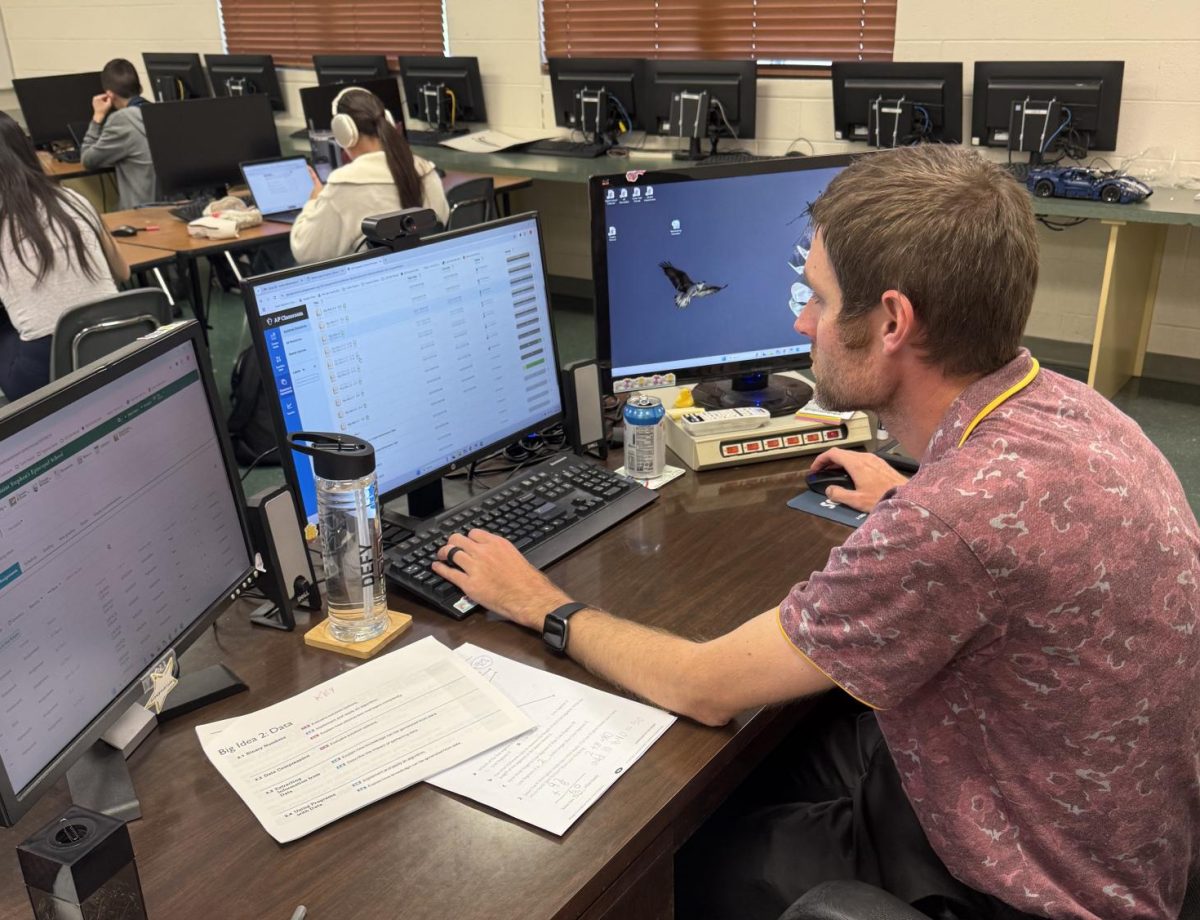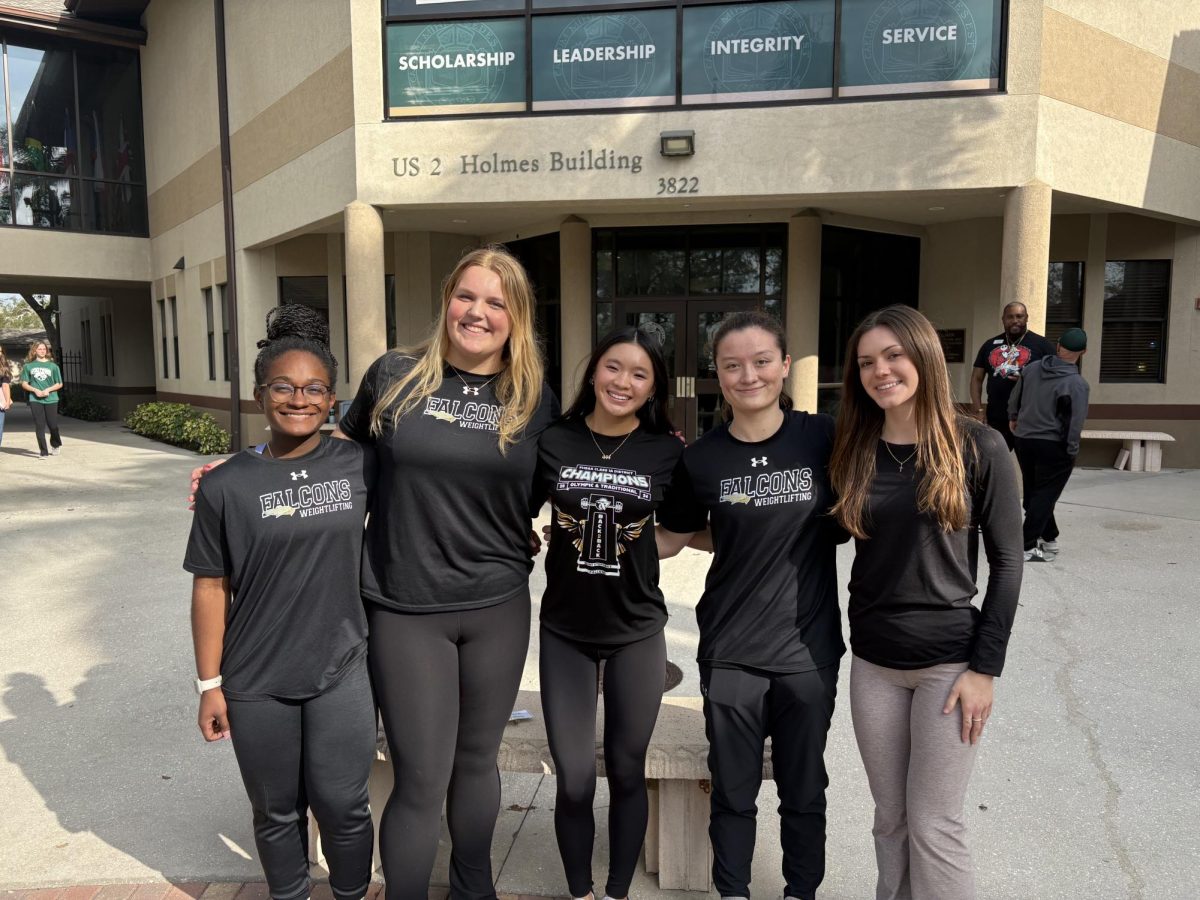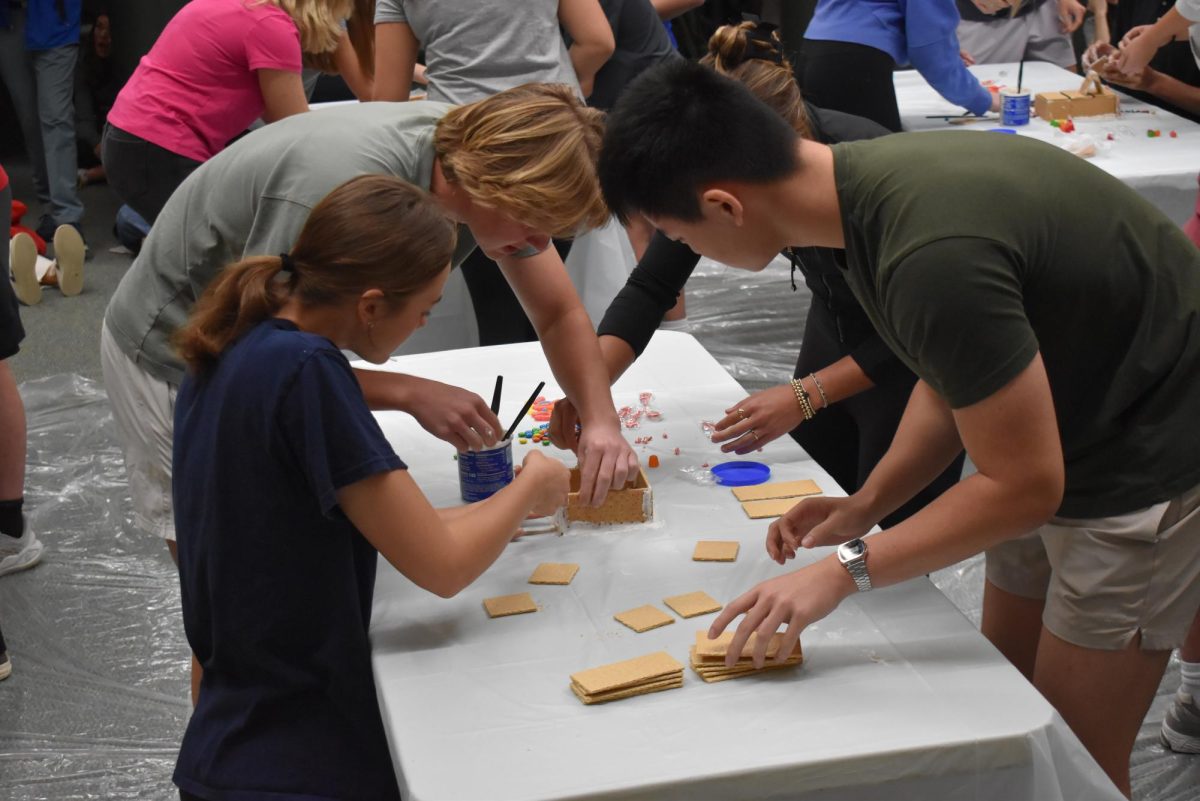In the United States alone, there are over 37.5 million people who have been diagnosed with some type of diabetes, and 41.9% of Americans are dealing with obesity. The average American eats 68 grams of sugar (or 17 teaspoons per day!) and gets two hours a week of physical activity, two hours less than the recommended amount.
So why do we make the health and nutrition decisions that we make? Diabetes, heart disease, high blood pressure, and obesity are lifestyle diseases, caused by the choices we make regarding our health.
What if we were taught from an early age how to improve our health and what to focus on when it comes to nutrition? If this is such a serious issue, why don’t we have a standardized class starting in early childhood education that focuses on health and nutrition as we grow?
Some schools host health education at some point, maybe for a semester or two in elementary or middle school ages. This class, though, goes over personal health, diseases, injury prevention, and drugs. Nutrition is almost never the main subject being taught. So why don’t we have a more in-depth health class focusing on nutrition?
Critics will say that while health is important, so is the curriculum in our education system. Reading, writing, and math allow for opportunities to get higher-paying jobs and make an impact in our society. Lacking a class on nutrition and health, however, means that when we reach adulthood, we lack the foundation and knowledge to take care of ourselves.
Registered dietitian and physician’s assistant Cailin Chapman said that early habits can lead to a life of poor nutrition choices.
“From early ages, we start making poor choices with respect to the food we put in our bodies,” Chapman said. “Overtime, poor eating habits become the norm, and it is a lifelong cycle of poor nutrition leading to poor health outcomes we see as we age.”
A health and nutrition course could help young people secure a healthy mindset and learn healthy habits of eating for life. The course could go over what you should eat, how much you should eat, and what ingredients you should avoid when buying your food.
“As humans, as living beings, we are what we eat, simply put,” Chapman said. “Unfortunately, we live in a society that is driven by big business and money, and in turn, that means we are ‘brainwashed’ to think certain foodstuffs we have easy and cheap access to are foods we should be eating/drinking on a regular basis.”
We should also think about the amount of physical activity we get as a part of our total health and well-being. Most schools offer P.E. (physical education) covering basic exercise or physical activity lessons, yet schools do not offer in-depth information on how or why we do this to keep our bodies healthy.
Coach Schulz, a certified strength and conditioning coach here at Saint Stephen’s, commented on this.
“In the world today, with social media having thousands of unqualified people giving nutrition advice, it is extremely important that kids have educators who are knowledgeable and continue to educate themselves on proper nutrition and habits. Kids react and receive information differently.”
Schulz added, “The problem is only added to when we neglect to teach our young about their bodies and how to care for their bodies.”
Not giving kids the right information when they are young could discourage them from even trying to get the proper nutrition and exercise.
By the time we graduate and as adults, we become too busy with college or work and tend to forget to be physically active and nutritionally conscious.
“We could stop this cycle by making early childhood nutrition and health education part of regular school days. Imagine, if you were taught from an early age how to care for your body,” Chapman explained.
Lastly, mental health is one of the biggest problems in the U.S., with the 3rd leading cause of death for teenagers being suicide. Depression, anxiety, and other mental health issues stem from various factors, but often are related to poor nutrition and lack of physical activity, often due to increased screen time and social media.
If we were to add a unit in health class that focused on mental health improvement strategies, it could end up saving lives.
It’s imperative that we incorporate some type of health curriculum in every high school and a more child-friendly health class for middle and elementary schools. This would help increase the overall health of our country through exposure at an early age.

















































